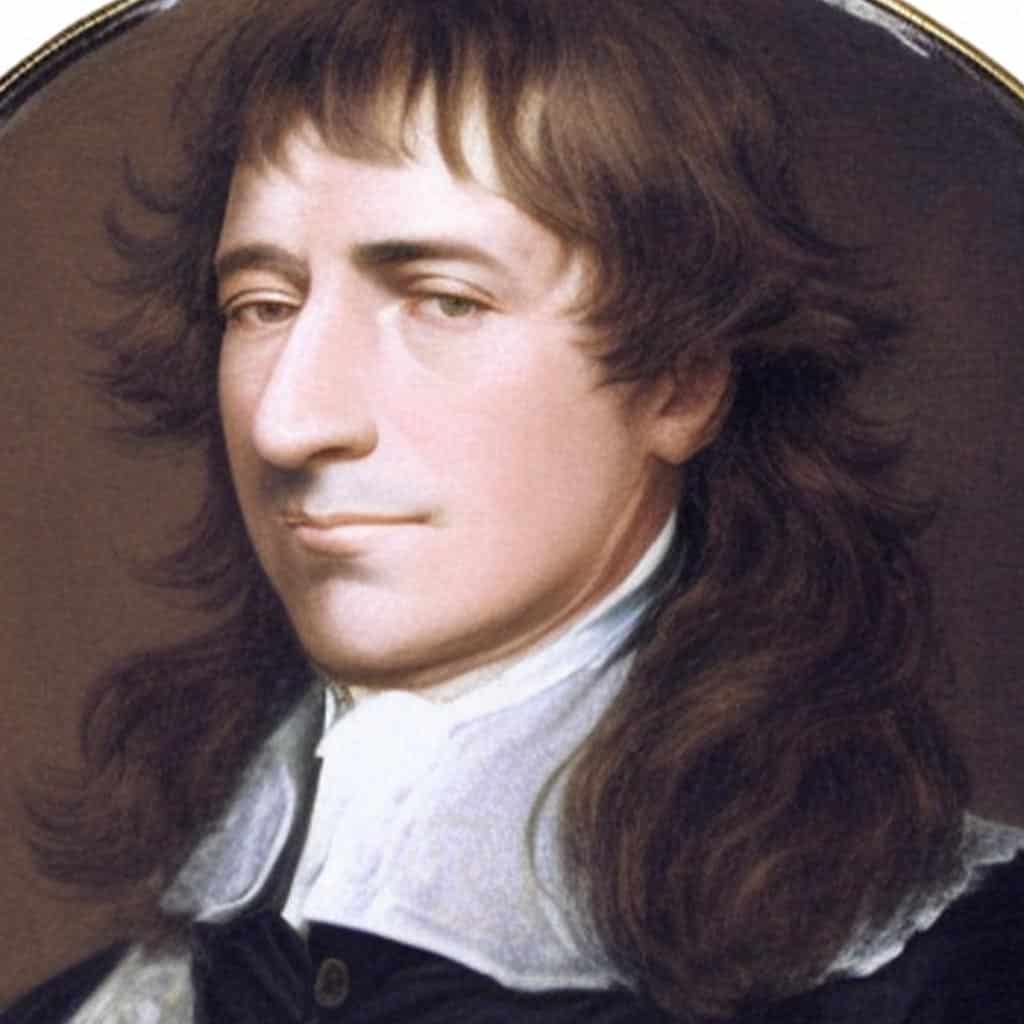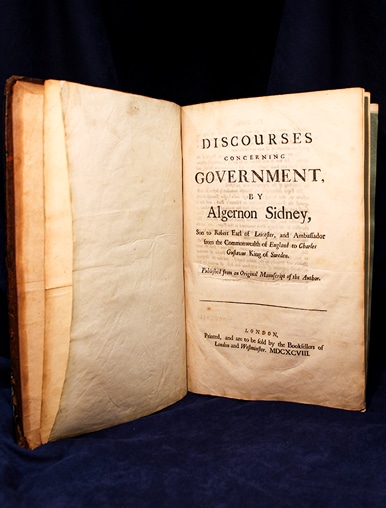REMNANT TRUST COLLECTION
Algernon Sidney

“Tis hard to comprehend how one man can come to be master of many, equal to himself in right, unless it be by consent or by force.”
– Sidney
b. 1622 CE – d. 1683 CE
Sidney was a pioneer in natural rights theory. Sidney was not totally opposed to the monarchy. He believed the best governments of the world have bin [sic] composed of Monarchy, Aristocracy, and Democracy.
The difference therefore between good governments and ill governments is not, that those of one sort have an arbitrary power which the others have not, for they all have it; but that those which are well constituted, place this power so as it may be beneficial to the people, and set such rules as are hardly to be transgressed, whilst those of the other sort fail in one or both these points. But he did believe uncompromisingly in the right of revolution. He saw government as a contract among the people.
Sidney saw history largely as an eternal conflict between virtue and vice. Sidney’s idea of equality did not even resemble the corrupt concept of equality that is worshiped in the world today. Agreeing with Aristotle that man is a rational animal, Sidney believed that a life of virtue was a life of reason. He not only knew that a free society would prosper—he knew why a free society had to prosper.
In 1683, Sidney was indicted for conspiring and compassing the death of the king. The last days of Sidney’s life were spent in drawing up his Apology and in discourse with independent ministers. He was beheaded on the morning of December 7, 1683.

